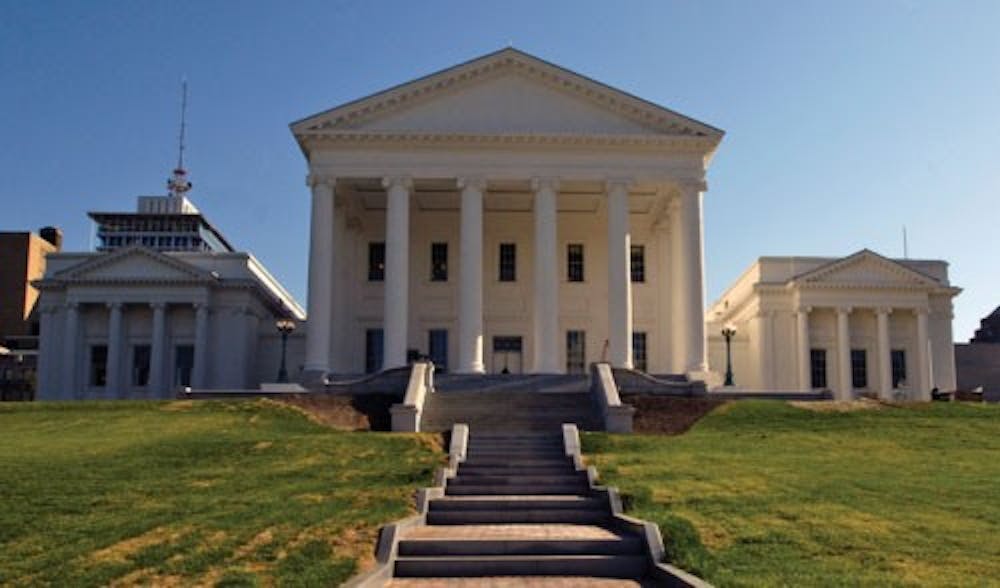The Governor’s Task Force on Improving Mental Health Services and Crisis Response recommended new regulations Tuesday regarding the treatment of emergency mental health patients in Virginia.
Former Gov. Bob McDonnell created the task force in December in response to the death of Gus Deeds, who committed suicide after attacking his father, Sen. Creigh Deeds, D-Charlottesville. The day before his death, Gus, who had bipolar disorder, was involuntarily taken into custody and evaluated by mental health professionals. As mandated by state law for emergency custody orders, he was released after six hours of involuntary custody because no psychiatric bed could be found for him in the area.
“Obviously he needed to be hospitalized,” said task force member Thomas Wise, a psychiatrist at Inova Fairfax Hospital. “We need to have a system where people that have been judged to be a danger to themselves or others can get proper treatment.”
Deeds has been an outspoken critic of the Virginia mental health services since the fatal incident.
“It’s clear the system failed,” Deeds said in a recent 60 Minutes interview. “It’s clear it failed Gus. It killed Gus.”
The task force spent hours on Tuesday debating the amount of time a patient should be held involuntarily. The members eventually elected to double the amount of time that mental patients can be held in custody from six hours to 12. Additionally, the task force recommended the current 48-hour time limit on temporary detention orders be extended to 72 hours.
If a bed cannot be found in a private psychiatric center, the nearest state mental institution will be required to take the patient in need. Currently, police officers are often tasked with holding patients for several hours, which critics say both prevents officers from returning to duty and prevents the patient from receiving proper help.
“I think that the time that it has taken to get some of these folks where they need to go is unreasonable,” said Goochland County Sheriff James Agnew, a task force member. “It certainly doesn’t do the patients any good, and it certainly doesn’t do us any good.”
Deeds has promoted the creation of an online bed registry to help connect patients to psychiatric centers. He recently endorsed a bill to create the registry and extend the custody limit even further to 24 hours, rather than the 12-hour limit endorsed by the task force Tuesday.
On top of time extensions, the task force advocated for use and creation of secure assessment centers. These centers could be used to get patients professional help in a timely manner. Officers could safely secure patients in the center and then return to duty.
“It would be nice to have an assessment center where we could take the person in need of treatment [and] leave him in the assessment center,” Agnew said. “I hope that in the next few years more will be funded.”
Virginia has suffered deleterious mental health care cuts since the Virginia Tech shootings in 2007. According to a report by the Treatment Advocacy Center, Virginia lost 15 percent of its psychiatric beds between 2005 and 2010. In 2012, McDonnell proposed a budget that would cut mental health services even further.
If implemented into law, the task force’s recommendations would represent a renewed focus on mental health in Virginia.
“The bottom line is that our system is not functioning terribly well right now, and there are a lot of things that need to be done to fix it,” Agnew said. “That’s what this task force is about.”







